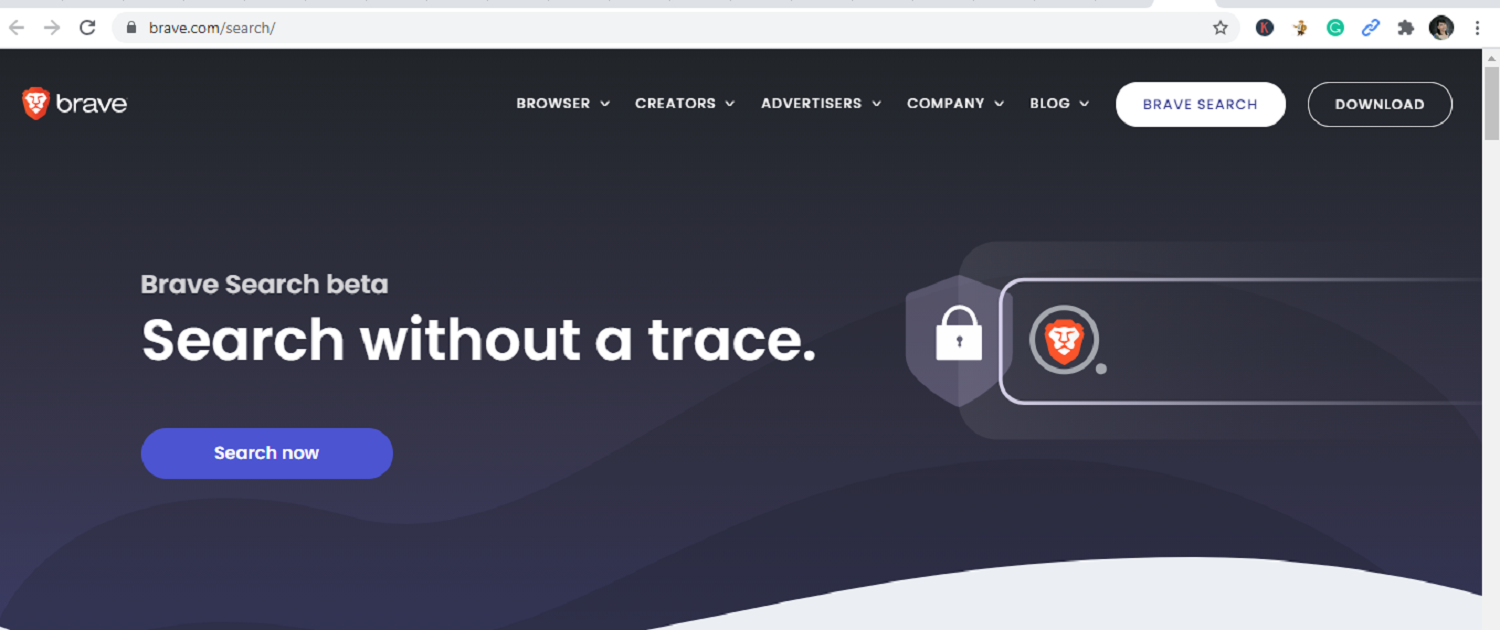

And, in Microsoft’s September Patch, the company fixed a staggering 66 vulnerabilities that were overlooked until then. In its latest Chrome Release Update, Google spoke about four security flaws that had left browser systems vulnerable for several weeks. On top of that, companies like Google and Microsoft have recently announced that there may be vulnerabilities affecting their browser products.
When the browser provider is also an online service provider (e.g., Google powers both Chrome and Gmail), they will use end-user information to boost ad effectiveness. Attackers may hijack data in transit between the browser and the backend infrastructure. Why Secure, Privacy-Focused Browsers Matterīrowsers have emerged as a minefield of privacy concerns for one key reason: they don’t operate as standalone software but constantly share data with backend infrastructure to support connectivity, check for updates, and so on. If you are looking to adopt a secure, privacy-focused browser in 2021-2022, your search has to extend beyond the usual suspects and the commonly known top contenders. They allow the collection of vast amounts of user data through cookies, browser fingerprinting, and several other techniques. While Google Chrome and Microsoft Edge might be the most common browsers in use, they leave you open to security risks. This article discusses five browsers that can help you address this and stay safe while you enjoy their powerful features.Īs end-users spend more time online, browsers offer a powerful channel for activity tracking and data collection to improve ad ROI for companies. The core architecture of popular browsers like Chrome or Edge means that there will be data exchange between your browser and a commercial entity, compromising data privacy. 
Your browser could be handling much more personal or sensitive information than you estimate.






 0 kommentar(er)
0 kommentar(er)
